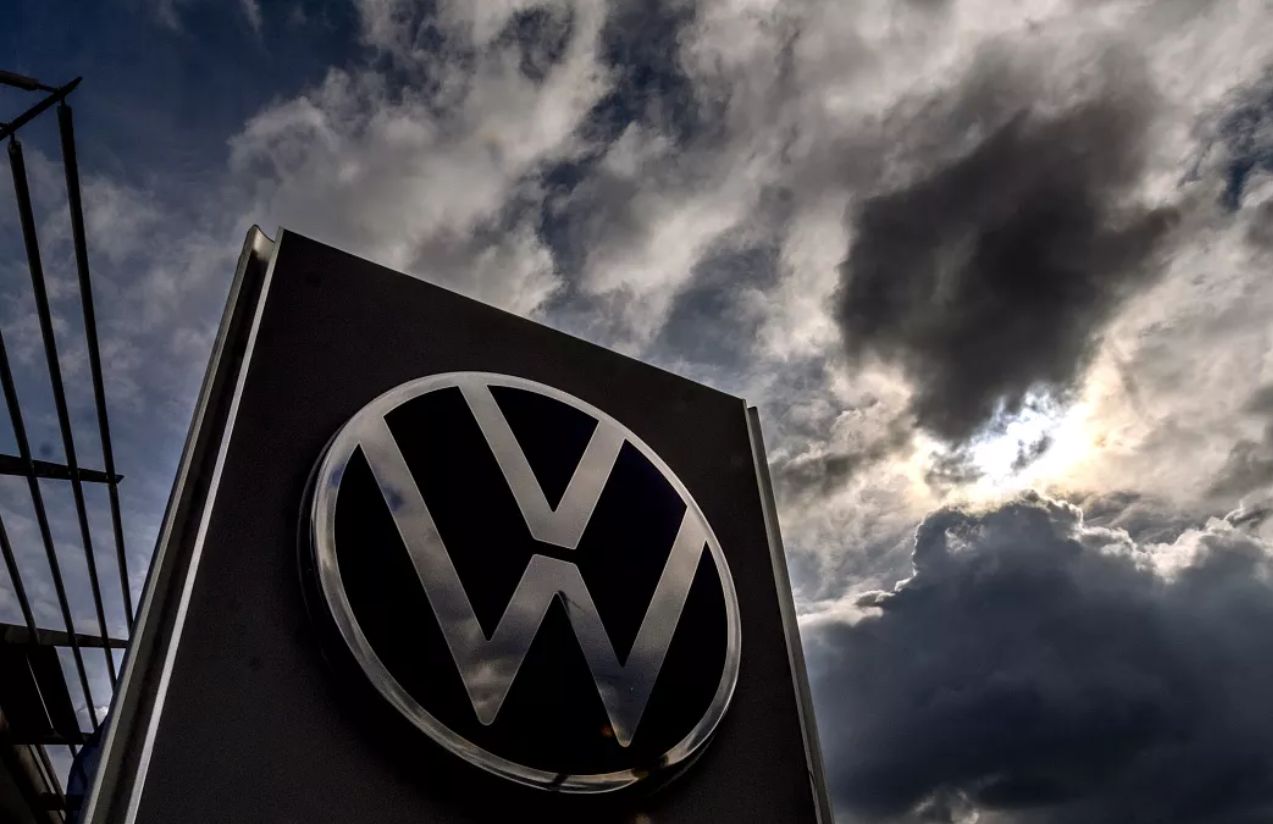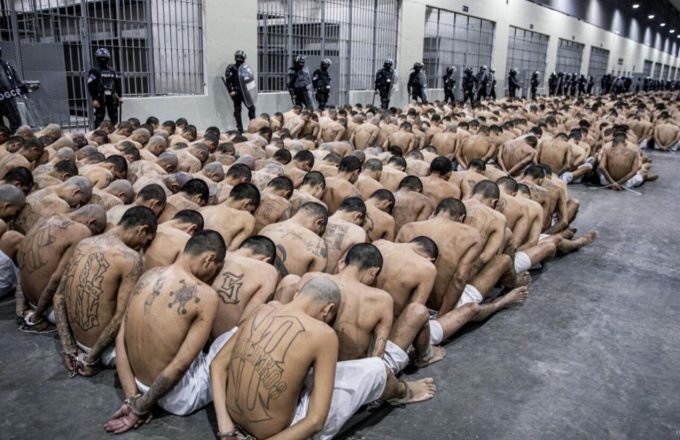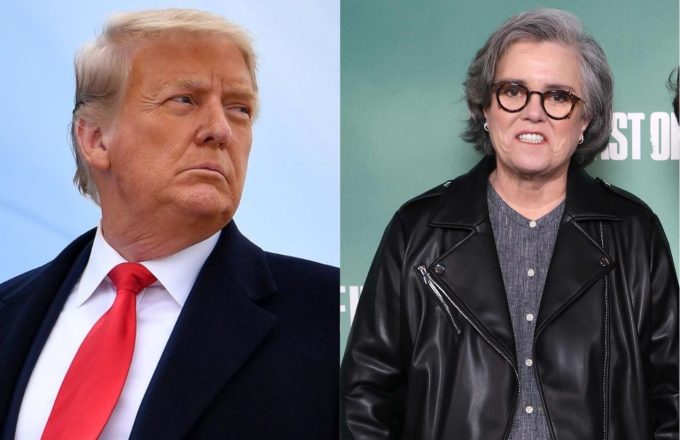On Monday, the Regional Court of Braunschweig delivered a landmark verdict in the so-called Dieselgate case, finding four former Volkswagen executives guilty of fraud. The ruling concludes a long and complex legal process that stretched over nearly four years, further exposing accountability in one of Germany’s most significant corporate scandals in recent history.
Two of the convicted individuals were sentenced to prison, while the other two received suspended sentences. Prosecutors had sought prison terms ranging from two to four years, recommending probation in only one case. Defense attorneys, meanwhile, had called for three acquittals and one warning.
The harshest sentence was handed down to Jens Hadler, former head of diesel engine development, who received four and a half years in prison. Hanno Jelden, former head of propulsion technology, was sentenced to two years and seven months. Heinz-Jakob Neusser, the most senior of the four and former head of development, received a suspended sentence of one year and three months. Thorsten D., former head of the department responsible for workflow and exhaust gas treatment, was also given a suspended sentence of one year and ten months.
The court found that the executives were fully aware of the long-running manipulation of diesel engines, a fraud that affected millions of vehicles over several years. They were accused of either helping develop the illegal defeat device or failing to stop its use. This software ensured engines met nitrogen oxide limits during testing, but it deactivated under real driving conditions, causing vehicles to emit far more toxic gases than allowed.
Presiding Judge Christian Schütz described the investigation as “extraordinarily complex and exhaustive,” noting that many witnesses were themselves implicated and facing charges, making truthful testimony difficult to obtain. Despite this, after 175 days of hearings, the court was able to clearly determine the defendants’ roles in a system that allowed vehicles to operate in two modes—one for lab testing and one for real-world driving. “Authorities were only shown the lower lab-mode emission values, while real emissions were concealed. This clearly violated legal standards,” Schütz stated.
The Dieselgate scandal first broke in September 2015, when the U.S. Environmental Protection Agency (EPA) revealed that Volkswagen had manipulated emissions tests in its diesel vehicles. The company had installed illegal software to cheat U.S. emissions limits. In late 2020, the European Court of Justice ruled the software unlawful, and Germany’s Supreme Court confirmed that buyers of affected vehicles were entitled to compensation. The scandal also implicated Volkswagen subsidiaries Audi, Škoda, and Porsche.
The fallout was swift. Just days after the revelations, then-CEO of VW Group, Martin Winterkorn, resigned. He was initially set to stand trial alongside the four executives convicted this week, but his case was separated due to health issues. His trial began in 2021 but was suspended after just four days when Winterkorn suffered an injury at home and was hospitalized. It remains on hold due to his permanent inability to appear in court, casting doubt on whether a verdict will ever be reached in his case.
Throughout the investigation, Winterkorn and the other former executives have maintained that they were unaware of the fraudulent activity, blaming lower-level employees for the software manipulation.
The trial that has just concluded is considered one of Germany’s largest and longest economic criminal proceedings. More than 150 witnesses testified, the investigation dossier spanned 75,000 pages, and the formal indictment was 400 pages long.
Still, the judicial fallout from Dieselgate is far from over. In addition to Winterkorn’s case, four more criminal proceedings remain open, involving a total of 31 defendants.
In Munich, former Audi CEO Rupert Stadler and other executives reached a plea deal nearly two years ago to shorten their trial, leading to the first criminal convictions related to the emissions scandal. However, Stadler and other defendants appealed their suspended sentences and prison terms. Germany’s Federal Court of Justice has yet to rule on those appeals.




















